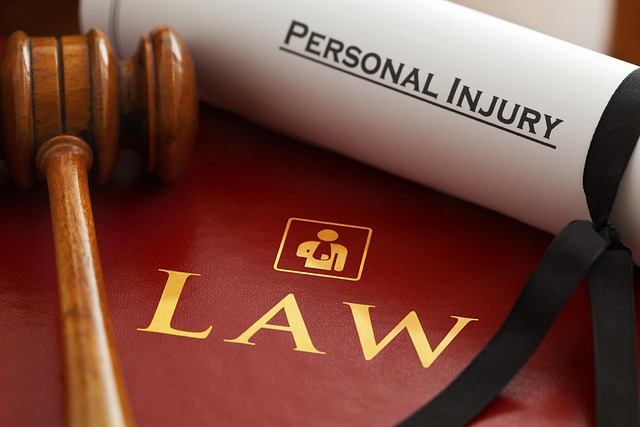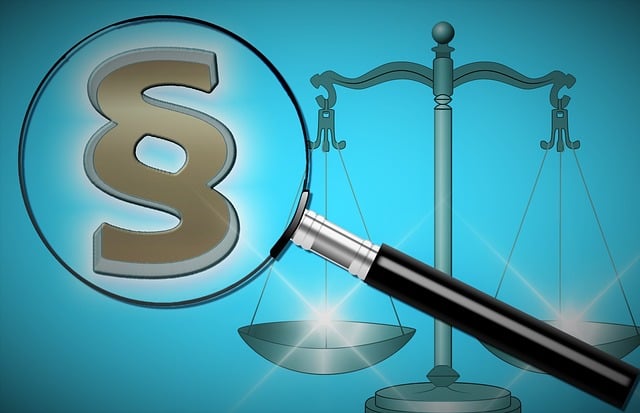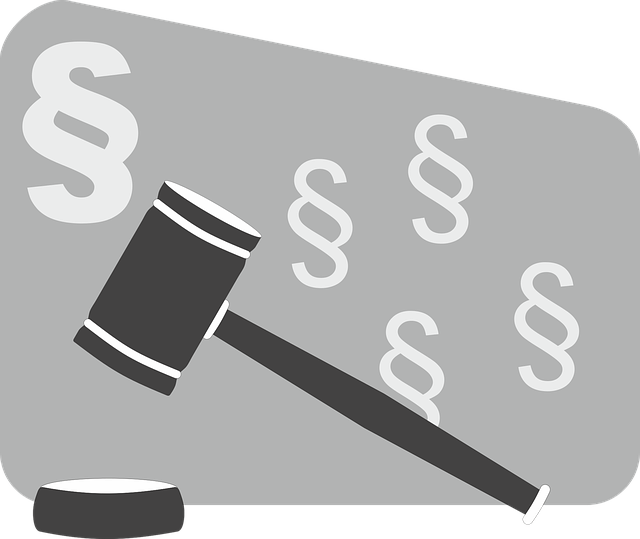Healthcare organizations face a delicate balance between patient privacy and legal obligations when dealing with Search and Seizure Rights in Criminal Law. Understanding these rights is vital for healthcare professionals to protect themselves legally, maintain data security, and avoid indictment in complex white-collar defense cases, especially as violations can lead to significant consequences and public trust issues. Specialized healthcare law firms offer expert guidance to navigate these challenges and ensure patient care standards during legal investigations.
In the intricate landscape of healthcare, understanding Search and Seizure Rights under Criminal Law is paramount. This article delves into the delicate balance between ensuring patient privacy and facilitating evidence collection for medical professionals facing legal investigations. We explore key case studies to highlight crucial lessons learned, offering insights into protecting patients while upholding justice. By examining the interplay of criminal law and healthcare ethics, we provide essential guidance for navigating complex legal implications in this vital sector.
- Understanding Search and Seizure Laws in Healthcare
- Criminal Law's Impact on Patient Privacy Rights
- Balancing Evidence Collection and Ethical Concerns
- Legal Implications for Medical Professionals During Investigations
- Protecting Patients: Key Case Studies and Lessons Learned
Understanding Search and Seizure Laws in Healthcare

In the realm of healthcare law, understanding Search and Seizure Rights is paramount, especially considering the sensitive nature of patient data. These laws, deeply rooted in Criminal Law, dictate how law enforcement agencies can access and seize records or evidence during investigations. The respective business of healthcare organizations must adhere to strict protocols to ensure compliance, balancing patient privacy with legal obligations.
Healthcare professionals and facilities must be aware of their Search and Seizure Rights, particularly when dealing with white collar defense cases. Achieving extraordinary results in such matters often hinges on a thorough comprehension of these laws. By understanding the boundaries and procedures, healthcare entities can protect themselves legally while maintaining the integrity of patient care and data security.
Criminal Law's Impact on Patient Privacy Rights

The interplay between Criminal Law and Patient Privacy Rights is a complex and evolving area within healthcare law firms. While Search and Seizure Rights in Criminal Law are designed to protect individuals from unlawful searches and ensure due process, their application in healthcare settings raises significant concerns about patient privacy. In high-stakes cases involving medical malpractice or negligence, where criminal charges might be considered, understanding the balance between these rights becomes paramount.
In particular, the potential for avoiding indictment and jury trials necessitates a careful approach to handling sensitive patient information. Healthcare providers and law firms must navigate this delicate landscape by implementing stringent data protection measures to safeguard personal health records. This is crucial in mitigating risks associated with criminal investigations and ensuring patients’ rights are respected, especially when dealing with complex legal matters that could have far-reaching consequences for all parties involved.
Balancing Evidence Collection and Ethical Concerns

In the intricate dance between evidence collection and ethical considerations, healthcare law firms must navigate a delicate balance. While ensuring access to relevant information for legal representation in cases involving white collar and economic crimes is paramount, it cannot come at the expense of patient privacy and consent. Healthcare professionals have a duty to respect individual rights, especially during investigations where Search and Seizure Rights in Criminal Law are invoked.
This equilibrium demands a nuanced approach throughout all stages of the investigative and enforcement process. Lawyers specializing in general criminal defense must be adept at gathering evidence legally while upholding ethical standards. This involves obtaining necessary consents, protecting sensitive data, and adhering to legal protocols designed to prevent abuses of power. Such practices not only ensure fairness in white collar and economic crimes cases but also maintain public trust in the justice system.
Legal Implications for Medical Professionals During Investigations

Medical professionals face significant legal implications during investigations, which can have profound effects on their careers and reputations. In the event of a criminal inquiry or regulatory audit, understanding one’s rights and obligations is paramount. While healthcare providers are expected to cooperate with authorities, they also possess certain constitutional protections, such as Search and Seizure Rights in Criminal Law. These rights ensure that investigators adhere to legal boundaries when accessing patient records, facilities, or personnel.
Knowing how to navigate these legal complexities can be crucial in winning challenging defense verdicts across the country. Healthcare law firms specialize in providing expert guidance during investigations, ensuring medical professionals are protected while they address allegations. With experience in white-collar defense, these firms assist in crafting strategic responses, gathering evidence, and presenting compelling defenses, ultimately helping healthcare providers protect their interests and maintain patient care standards.
Protecting Patients: Key Case Studies and Lessons Learned

Protecting patients’ rights is a cornerstone of healthcare law, and understanding key case studies can offer invaluable lessons. One notable example involves Search and Seizure Rights in Criminal Law, where a patient’s privacy was invaded during a medical procedure, leading to a lawsuit. The court ruled in favor of the patient, emphasizing the importance of obtaining informed consent and respecting individual autonomy. This case highlights the need for healthcare providers to balance their duties with patients’ constitutional rights.
Through these cases, law firms specializing in healthcare have honed strategies for winning challenging defense verdicts. Their unprecedented track record in jury trials demonstrates a deep understanding of medical ethics and legal precedents. By navigating complex scenarios, these law firms ensure patient safety and uphold the integrity of the healthcare system.
In navigating the intricate relationship between criminal law’s Search and Seizure Rights and healthcare, it’s clear that balancing evidence collection with patient privacy rights is a delicate task. This article has explored various aspects of this legal landscape, from understanding search and seizure laws specific to healthcare to examining their impact on patient privacy protections. By delving into key case studies, we’ve highlighted important lessons learned, emphasizing the need for medical professionals to stay informed about their legal implications during investigations. As we move forward, recognizing the dynamic nature of these issues is crucial to ensuring patients’ rights are upheld while fostering a fair and effective healthcare system.






